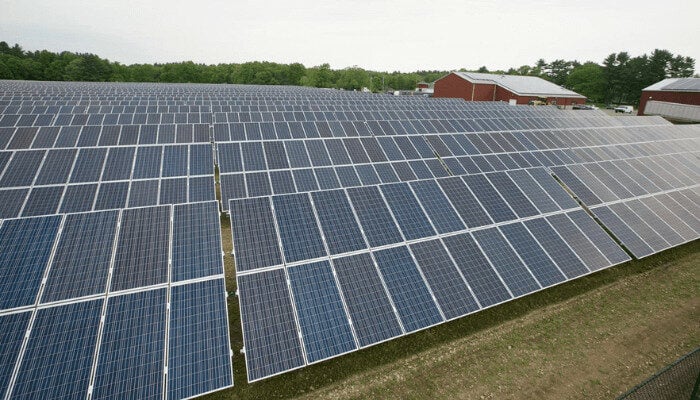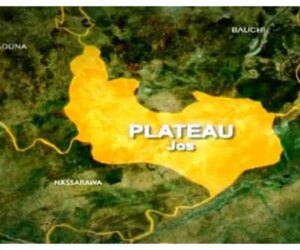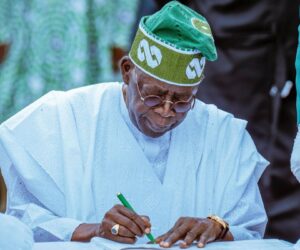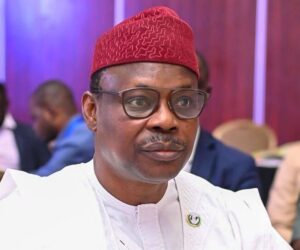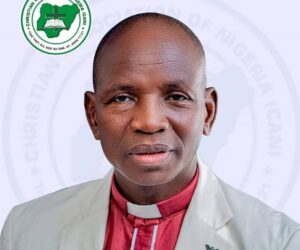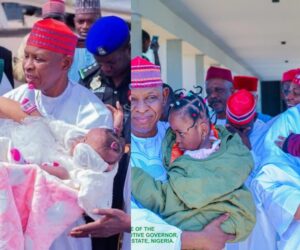Renewable Energy company, WERAN Solar, has disclosed that the company is focused on building sustainable partnerships and empowering local installers to drive the country’s solar energy adoption.
Speaking to LEADERSHIP on the sidelines of a stakeholder forum in Lagos, the deputy managing director of WERAN Solar, Pepper Guo, reiterated the management’s commitment to providing long-term energy solutions through affordable solar technology.
Guo argued that, as electricity supply became erratic, many urban and semi-urban households opted for solar panels and battery storage systems to ensure consistent electricity and reduce reliance on the national grid.
“We are not here for short-term gains.
We believe in Nigeria’s potential and are committed to long-term development. This forum was organised to train and collaborate with our partners, especially installers, to improve the quality of solar installations nationwide,” Guo said.
Even as the rising demand for alternative energy, particularly solar power, has been driven by unstable grid supply, increased electricity tariffs, and the declining cost of solar equipment. Many urban and semi-urban households opt for solar panels and battery storage systems to ensure consistent electricity and reduce reliance on the national grid,” Guo added.
“We want to ensure our installers can identify high-quality panels like our Longi Warem series. Unfortunately, substandard products flood the market. That’s why we’re also introducing product authentication features to help customers verify original panels,” Guo pointed out.
While many Nigerians believe solar installation costs have increased, WERAN Solar’s Sales Director, Quasim Lawal, explained that the general pricing for solar products has remained relatively stable.
“If you look at the last two or three years, the price hasn’t really gone up. In fact, certain duties on solar components have been removed, encouraging more players into the industry,” Lawal said.
He remarked that flexible financing options offered by solar companies and banks have also made solar energy more accessible to low- and middle-income Nigerians, while contributing to environmental sustainability and energy independence.
He further explained that premium solar products will always be priced higher than mass-market alternatives, but the overall market has become more competitive due to policy incentives.
Despite the growing uptake of solar technology, Lawal said the industry still requires better regulatory oversight to protect consumers and raise quality standards.
Lawal said, ‘We need a regulatory body, like a NAFDAC for the solar industry, to ensure that only genuine, high-performing products are sold in the market.’
Additionally, he urged the government to further reduce import-related duties and create unified policies for the sector, as this will help firms in the alternative energy sector expand their reach and improve affordability.

